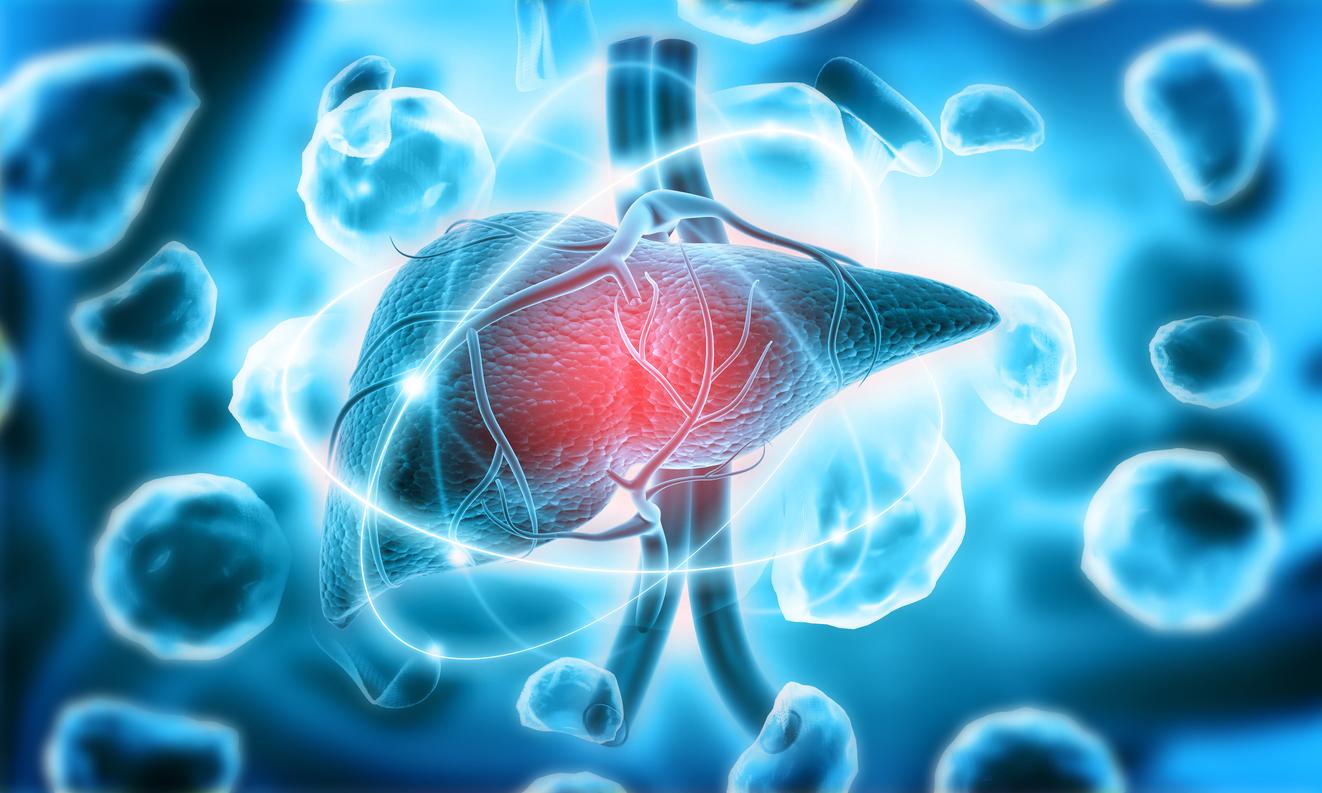Stress is a normal reaction of the organism. When the latter is confronted with an event that he considers (rightly or wrongly) dangerous, he puts himself on constant alert, in order to adapt and be able to react instantly to the situation he encounters. The body can, however, react violently. When the anxiety felt is intense but occasional, such as that which precedes a very important job interview, it is referred to as acute stress. But when this state becomes permanent and lasting, it then turns into chronic stress.
The consequences of chronic stress on the body
When he feels a particular anxiety at the approach of an event, the body secretes hormones, such as adrenaline, endorphin or cortisol. All of them help the body to react, as well as to reduce the pain that may be felt. Nevertheless, these physiological reactions have consequences on the immune system. That is why chronic stress, when left unrecognized and untreated, can have long-term health implications.
An individual subject to this lasting state is, in fact, more likely to develop cardiovascular, respiratory, and musculoskeletal disorders. Stress also promotes high blood pressure, as well as increased blood sugar levels, which can lead to diabetes.
Possible treatments for this permanent anxiety
Disorders associated with chronic stress affect both the physical and psychological well-being of individuals who experience this condition. There are several possible treatments to treat them, relaxation exercises drug or therapeutic treatment.
In order to be able to treat this pathology correctly, do not hesitate to approach your doctor, who will be able to refer the patient to other health professionals if necessary.
The slideshow here presents 9 common symptoms of chronic stress. If several of these disorders are felt, it is advisable to approach the attending physician.
Read also:
- Tame your stress with naturopathy
- Stress, anxiety… How to feel better in less than 15 minutes?
- Insomnia due to stress: how to relax?


























